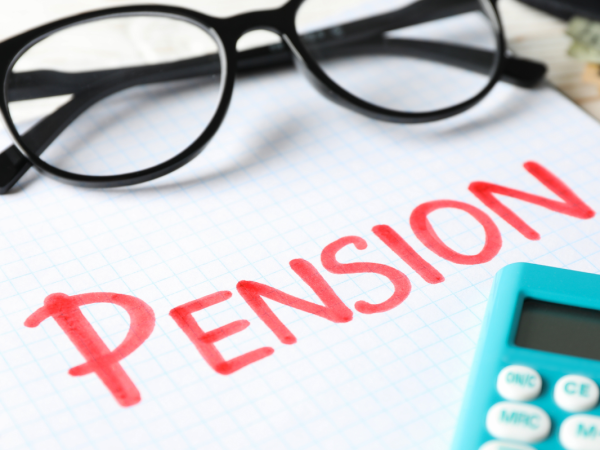Pension withdrawals: thinking ahead
If possible, it is a good idea to plan ahead before taking money from your pension. Here we look at why this is important and introduce some of the key considerations to be aware of.

Content on this page:
Overview
It is important not to rush a decision on your pensions, if you can avoid it.
It is a good idea to consider a range of factors, including:
- your current circumstances (personal and financial)
- future plans
- the method of withdrawal (for example, for defined contribution pensions this would mean thinking about whether to purchase an annuity or draw down on your pension pot flexibly)
- investment choices
- the consequences for tax, tax credits, universal credit and other state benefits
- charges you might incur if you take pensions early.
It is recommended that you consider taking professional advice when making decisions.
Tax considerations
As set out above, there are many reasons why it is good to plan. We are not able to discuss all of these in detail, but we draw out some of the important tax issues that you will need to think about, such as:
- You might pay less tax on money from pensions if you take it in stages, spread it out over a number of tax years, or wait until after you have stopped work. We look at this is the example below.
- You can trigger a large tax bill when you take taxable lump sums from pensions under flexi-access arrangements.
- You might also incur a further cost by creating a tax credits overpayment, a high income child benefit charge, or by affecting your entitlement to means-tested state benefits. We discuss these in more detail in our page Pension income: impact on state benefits.
- Taking a large taxable lump sum might cause you to become a higher or additional rate taxpayer, you may also lose the ability to claim the marriage allowance, lose all or part of your personal allowance and you may also face restrictions to your personal savings allowance.
- If you are repaying a student loan and you have to fill in a self assessment tax return, taxable amounts that you take out of pensions can affect your repayments.
Planning ahead could therefore save you a great deal in potentially unnecessary tax charges and adverse impacts to your benefits position.
For example, if you can afford to wait to take pension monies until the tax year after you retire from work, you might be liable to tax at a lower rate.
For more information on the tax implications of making pension withdrawals, see our page Tax on pension income.
Non-tax considerations
As already mentioned, tax is not the only factor – there might be other reasons you need more money sooner, you will need to take into account possible future changes in your circumstances and you will have other investment-based issues to think about. We cannot cover those on this website, but we do strongly suggest you take advice and think about the tax situation very carefully before acting.
Scams
If someone contacts you out of the blue about your pension or accessing your money, this might point to it being a scam so be very careful.
Thinking ahead and having a clear plan, might help you steer of such scams.
Further sources of help
The government’s MoneyHelper website may be useful for:
- finding a qualified financial adviser, so that you can get advice on your pension,
- using the free government funded Pension Wise service, and
- finding out more about how to spot pension scams.



